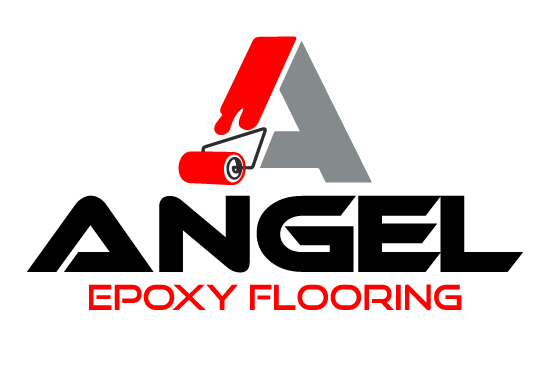
Here's Why Epoxy Flooring Lasts So Long
Share
Epoxy coatings have become increasingly popular for a wide range of applications, from industrial floors to residential floors. One of the primary reasons for their popularity is their exceptional durability and longevity. In this blog post, we'll delve into the factors that contribute to the long-lasting nature of epoxy coatings.

The Science Behind Epoxy Durability
Epoxy coatings are formed through a chemical reaction between a resin and a hardener. This reaction creates a strong, cross-linked polymer network that adheres tightly to the substrate. This strong bond, combined with the inherent properties of epoxy, results in a coating that is highly resistant to wear and tear.
Key Factors Contributing to Epoxy's Longevity
-
Chemical Resistance:
- Epoxy coatings are highly resistant to a wide range of chemicals, including acids, alkalis, solvents, and oils. This makes them ideal for environments where chemical exposure is a concern, such as laboratories, manufacturing facilities, and garages.
-
Water Resistance:
- Epoxy coatings are virtually impermeable to water, preventing moisture from penetrating the substrate and causing damage. This makes them perfect for applications in wet environments, such as bathrooms, kitchens, and pool decks.
-
Abrasion Resistance:
- Epoxy coatings are highly resistant to abrasion, making them ideal for high-traffic areas like industrial floors and garage floors. They can withstand heavy foot traffic, machinery, and other forms of wear and tear.
-
Impact Resistance:
- Epoxy coatings can withstand impact from heavy objects, making them suitable for applications where impact resistance is crucial, such as warehouse floors and loading docks.
-
UV Resistance:
- While epoxy coatings are less UV-resistant than polyaspartic coatings, they can still withstand exposure to sunlight for many years without significant degradation. However, it's essential to choose a high-quality epoxy coating with UV stabilizers to maximize its lifespan.
-
Temperature Resistance:
- Epoxy coatings can withstand extreme temperatures, both hot and cold. This makes them suitable for both indoor and outdoor applications, regardless of climate conditions.
-
Low Maintenance:
- Epoxy coatings are easy to clean and maintain. Regular sweeping and mopping are usually sufficient to keep the surface clean. For tougher stains, a mild detergent and water can be used.
Tips for Maximizing the Lifespan of Your Epoxy Coating
- Proper Surface Preparation: Ensure the surface is clean, dry, and free of contaminants before applying the epoxy coating.
- High-Quality Products: Use high-quality epoxy products from reputable manufacturers to ensure optimal performance.
- Professional Installation: Hire experienced professionals to apply the coating correctly to avoid mistakes that could compromise its durability.
- Regular Maintenance: Clean the surface regularly to prevent dirt and debris buildup, which can accelerate wear and tear.
- Avoid Harsh Chemicals: Avoid using harsh chemicals or abrasive cleaners that can damage the coating.
By understanding the factors that contribute to the longevity of epoxy coatings and following proper maintenance practices, you can ensure that your epoxy-coated surfaces remain durable and attractive for many years to come.
In conclusion, epoxy coatings offer a durable and long-lasting solution for a wide range of applications. Their exceptional properties, including chemical resistance, water resistance, abrasion resistance, and impact resistance, make them a popular choice for both residential and commercial settings. By following best practices for application and maintenance, you can maximize the lifespan of your epoxy coating and enjoy its benefits for years to come.
